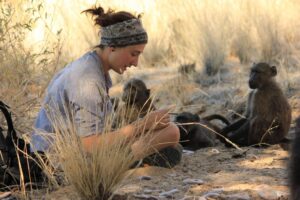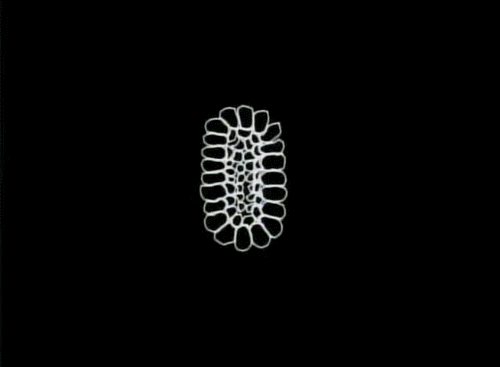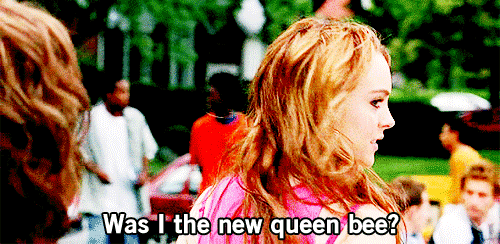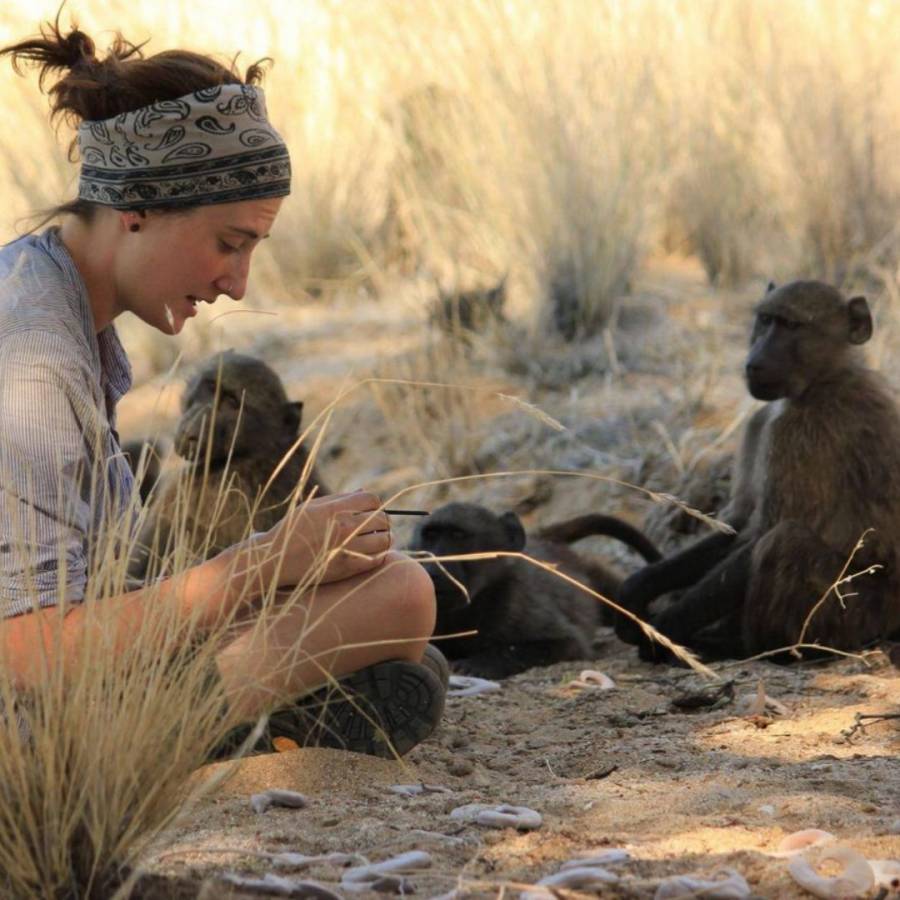
My career aspirations in school changed quite a lot. I generally wanted to be a vet, an archaeologist and a meteorologist. Towards the end of school, I settled on becoming a vet.
Fortunately for me, I didn’t get the grades I needed for vet school. That meant I had to rethink my career options. This took quite a while, but I ended up becoming an evolutionary biologist. Evolutionary biology, funnily enough, combines a lot of the things that I liked about meteorology and archaeology, like looking for patterns in data. Plus, I get to work with loads of different animals, and my research helps us to learn more about them and can even help conservation.

My route to becoming an evolutionary biologist wasn’t straightforward. I started out studying marine zoology at university, but switched to animal behaviour. The change was exactly what I wanted. The focus was not on a particular group of animals, but on how all animals behave and how animal behaviour evolves.
After my degree, I did a master’s, and I studied monkeys in Nigeria and Namibia. This made me realise that what I loved most was finding out the answers to questions. I worked out that the research projects I had enjoyed the most were the ones where I wanted to find why or how animals evolved in a certain way. I didn’t need to fly all the way to exotic places to study amazing animals and how they evolved; I could do it anywhere.
Now I study bees in the UK and I am trying to find out what makes queen bees act like queens, and what makes worker bees act like workers.

This article was written by Dr Rebecca Boulton, Postdoctoral research fellow.
Follow Becky on Twitter: @DrBecky_B






